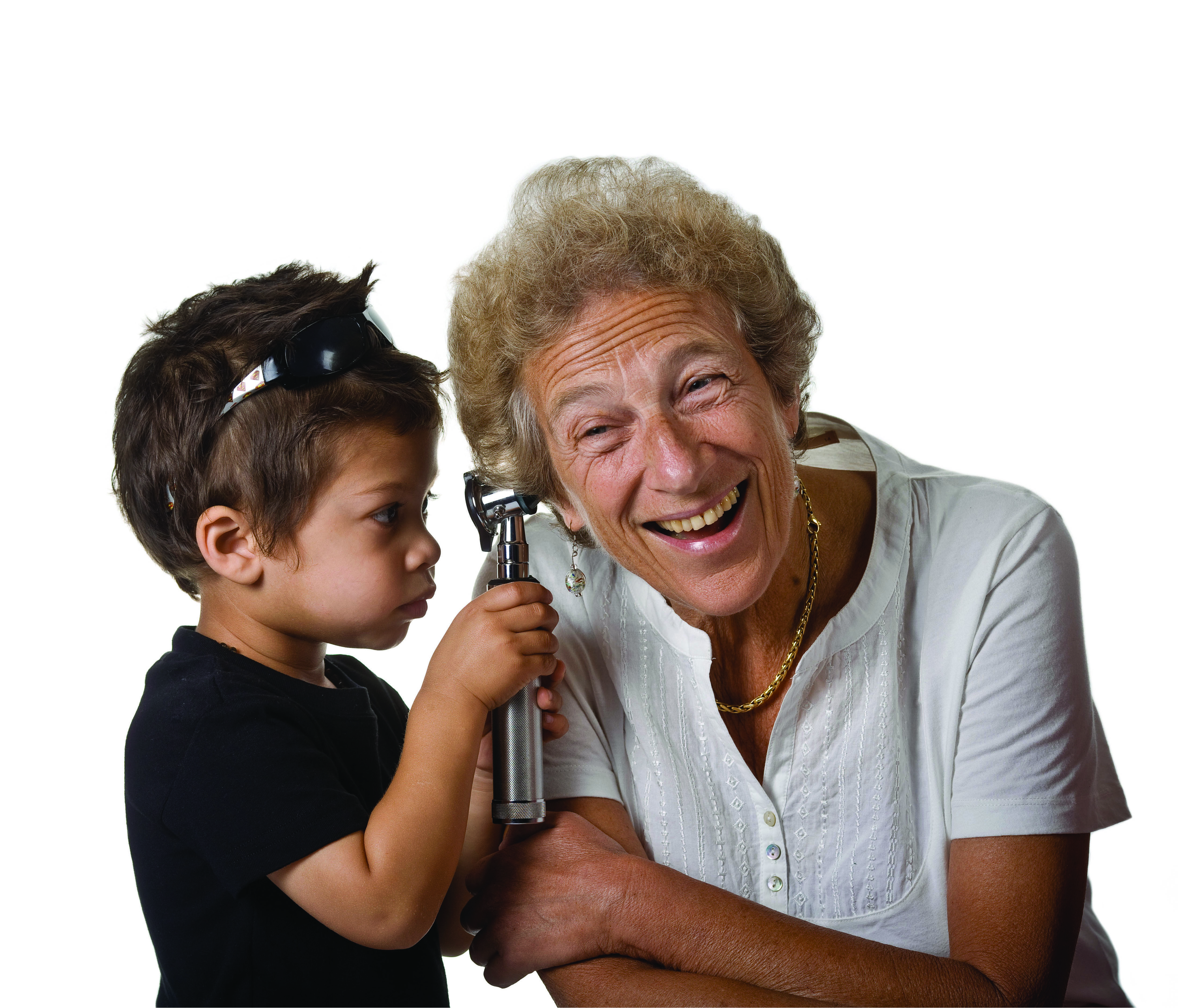Search
Contact us If you'd like to get in touch, please contact us by phone or email. Phone: 0400 450 240 Email: vtg@thekids.org.au The Vaccine Trials Group
CMVictory: finding a vaccine for cytomegalovirus, a serious virus for unborn babies

Māori and Pacific governance groups discuss and inform study protocols and issues that have arisen during the study, particularly those pertaining to Māori and Pacific ARF patients and their whānau.

News & Events
Hep C can be cured, but many people are still not being treatedPeople living with hepatitis C in WA are being urged to take part in a new project, aimed at encouraging the take-up of treatment.

News & Events
Perth mums play instrumental part in world-first vaccineNew mothers in Perth are teaming up with researchers at The Kids Research Institute Australia in a global bid to develop the first vaccine to prevent Respiratory Syncytial Virus (RSV) disease.

News & Events
Deborah Lehmann Research Award OpportunityThe Deborah Lehmann Research Award in Paediatric Infectious Disease Research is a funding mechanism to support the training and development of early- to mid-career researchers (EMCR) or Higher Degree by Research (HDR) students who are nationals from the Pacific Region working in or outside their hom
Thank you to our Sponsors Contact us If you'd like to get in touch, please contact Marie Nadal-Sims by phone or email. Phone: (08) 6319 1001 Email:
Contact us If you'd like to get in touch, please contact us by phone or email. Phone: 0400 450 240 Email: vtg@thekids.org.au Meningococcus (Neisseria
The Wesfarmers Centre is pleased to announce the successful applications for the 2017 Round 2 Wesfarmers Centre Seed Funding. The Wesfarmers Centre
Eight applicants were successful, and were awarded $15,000 each for activities supporting subsequent research grant applications.
